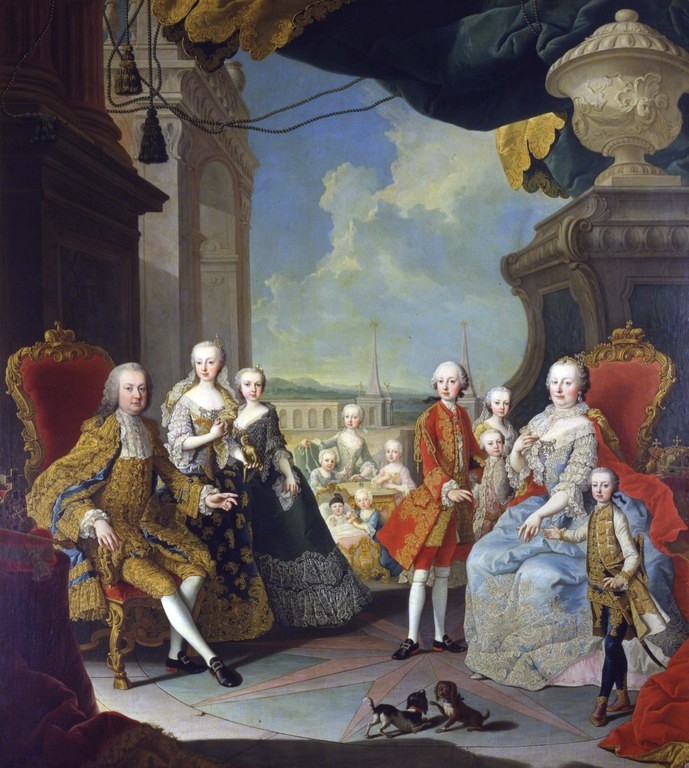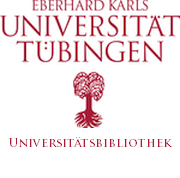Familiale Lebensformen: Thesen des Wandels und aktuelle familiensoziologische Perspektiven als Herausforderungen der Ethik
DOI:
https://doi.org/10.18156/eug-1-2017-art-5Abstract
Der Beitrag skizziert und diskutiert ausgehend von allgemeinen Überlegungen zur Verhältnisbestimmung von Individuum, Familie und Gesellschaft zwei zentrale Theorien des Wandels familialer Lebensformen: Individualisierungs- und Differenzierungstheorie. Daran anschließend werden drei ausgewählte neuere theoretische und empirische Perspektiven der Familiensoziologie vorgestellt – Familie als Netzwerk, Familie als Herstellungsleistung, Leitbildforschung. Die vorgestellten Ansätze erscheinen anschlussfähig an ethische und politische Reflexionen, die sich der Notwendigkeit einer modifizierten Perspektive auf familiale Lebensformen verpflichtet wissen. Losgelöst von einem Rekurs auf „die Natur“ von Familie weitet eine entsprechende Perspektive den Blick auf gesellschaftliche, kulturelle und politische Aspekte, Wechselbeziehungen zwischen Familie und gesellschaftlichen Teilsystemen sowie familieninterne aber auch darüber hinausgehende Prozesse der Herstellung von Familie. Der Beitrag plädiert in diesem Zusammenhang für die Etablierung einer Beziehungsethik.
The paper sketches and discusses two central theories of the transformation of familial lifeforms based on the general considerations on the relationship between individual, family and society: individualization and differentiation theories. Three selected recent theoretical and empirical perspectives of family sociology are presented - family as a network, family as a production achievement and family as a general (ethical) orientation. The presented approaches appear to be compatible with ethical and political reflections, which are committed to the necessity of a modified perspective on family lifeforms. Not with standing a recourse to "the nature" of family, a corresponding perspective expands the view on social, cultural and political aspects, interdependences between family and subsystems in society as well as internal familial and transcendent processes of the creation of family. On this basis this article pleads for the establishment of ethical considerations concerning affecionate relationship.






